Mobile gaming trends: the rise of free slots without downloads
As of early 2025, the United Kingdom had approximately 88.4 million active mobile connections, which is around 127% of the total population. It’s a clear sign that smartphones aren’t just devices, but a major part of people’s daily lives.
The mobile first culture has changed user expectations – they want quick, easy entertainment they can access anytime, anywhere, without a hassle.
Understanding these habits is crucial for retailers and tech leaders. They have a real chance to bring in game-like elements, so people can engage with content instantly, which boosts engagement, and consequently profit.
No download slots mechanics perfectly match these new demands, and have become an easy and popular choice. Let’s break this down.
What are no-download free slots?
No-download free slots are browser-based games, typically built with HTML5, which allow users to play instantly without installing any software or apps. This provides accessibility and convenience to their users.
What are their key characteristics:
● Instant access via browser
● No financial commitment (users play with virtual coins or credits)
● Lightweight gameplay mechanics (designed for casual users)
● Often ad-supported or part of a larger gamified environment
Why are no-download free slots rising in popularity?
What makes no-download free slots so appealing is how effortlessly they fit into everyday life. There’s no app to install, no account to set up, and no need to worry about storage space.
That kind of instant access fits perfectly into a quick scroll during a commute, a short mental break between tasks, or killing time whilst waiting in line.
Their accessibility is another key factor. These games aren’t just for seasoned players, they attract casual users and a wide range of age groups. Since they run smoothly in most browsers, there's no tech barrier, which offers a much broader reach than traditional app-based games.
From a psychological perspective, their simple gameplay mechanics are built to trigger quick gratification and dopamine spikes. They deliver the same level of these two things as social media. This kind of instant feedback keeps players coming back, without demanding much focus or long-term commitment.
Finally, for on-the-go entertainment, players often explore no-download free slots at UK casinos optimised for mobile devices. Such free slots provide regulatory advantages, because they involve no real-money, and they typically fall outside any (gambling) regulations. You can learn more about it in this complete guide to playing free slots safely.
This not only simplifies compliance for platforms and brands but also makes these games safer and more suitable for integration into mainstream environments, such as retail apps, without risking negative perception in the public.
Real-world examples: Retailers using no-download slot and slot-like models
Let’s see some real examples of how brands have incorporated slot mechanics in their offer and increased profit:
Sainsbury’s / Nectar360 Spin-to-Win Campaigns
Sainsbury’s has leveraged its Nectar loyalty ecosystem to drive engagement via spin-to-win mechanics. Nestlé’s Rowntree’s Squidgy Swirls campaign used a digital spin-to-win game within the Nectar app and website, and offered customers chances to win Nectar points or real products.
This approach generated significant participation (84,000 entries with a third on launch day) and engaged 1.9 million customers across email, web, and app. The spin game encouraged both shoppers and gamers to interact with the brand in a playful way. This is a great illustration of how slot-like mechanics can boost awareness and repeat visits in a supermarket context.
Asda Rewards “Spin the Wheel” Mechanic
Asda’s Rewards app incorporates gamified mechanics such as Spin the Wheel, which allows users to complete missions or spin for added cashpot rewards. The programme has become very popular, with nine million sign-ups and five million monthly active users. These simple game-like interactions can absolutely enhance loyalty engagement.
Tesco Clubcard Challenges
Tesco’s Clubcard Challenges programme uses AI driven, gamified loyalty experiences: members choose personalised challenges (like spending thresholds on specific categories) and earn points upon completion.
Although this is not a literal slot, its mechanics mirror similar principles found in free-slot play. Some of them are: immediate feedback, surprise elements, and clear incentives.
This campaign awarded over £1 million in points and demonstrated the power of tailored, interactive challenges to drive spend and deepen engagement.
KFC Rewards Arcade
KFC UK’s Rewards Arcade integrates a mini game where customers who spend over a threshold are invited to play and win free menus instantly.
This slot-like mechanic has led to increased app use (31% reported using the app more frequently) and strong willingness to recommend among users (70%).
By embedding instant-win gaming tied directly to purchases, KFC demonstrates how such mechanics can boost loyalty and repeat visits in fast food retail.
Micro-entertainment in retail: How gaming habits are shaping shopping experiences?
Let us not forget the shoppertainment, a strategy that blends shopping with entertainment to create interactive user experiences that go beyond traditional e-commerce. By treating shopping as micro-entertainment (which, at its core, it truly is) and collecting engagement data along the way, retailers can improve their offers and build loyalty without asking customers to invest much time or effort.
Mobile gaming’s emphasis on instant, smooth interactions has inspired similar tactics in retail: brands now integrate spin-to-win wheels, and progress bars into mobile shopping experiences to draw attention and reward customers.
Conclusion: Small gaming mechanics deliver big retail wins
In summary, the rise of no download free slots among UK mobile users shows how people now expect instant experiences in their everyday life, where the retail industry takes a major part.
For retailers, incorporating game like features can boost the use of their products and drive deeper engagement. It’s all about zero risk, and quick gratification. In a world of short attention spans, easy, fun interactions are an extremely powerful hook.


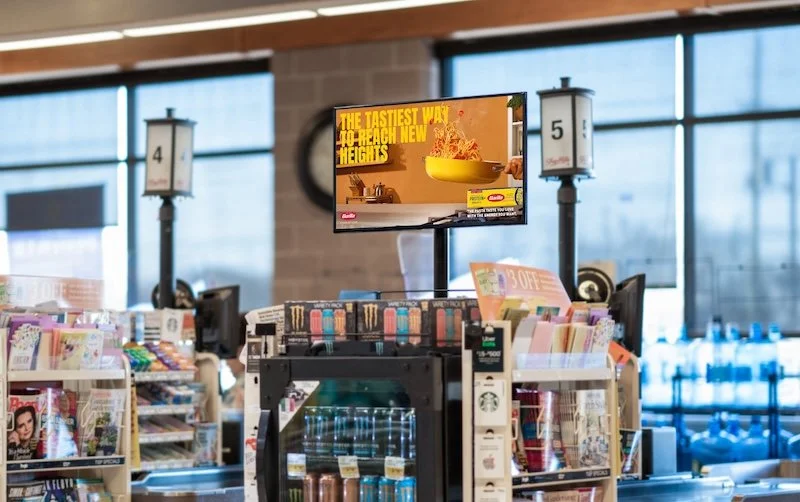





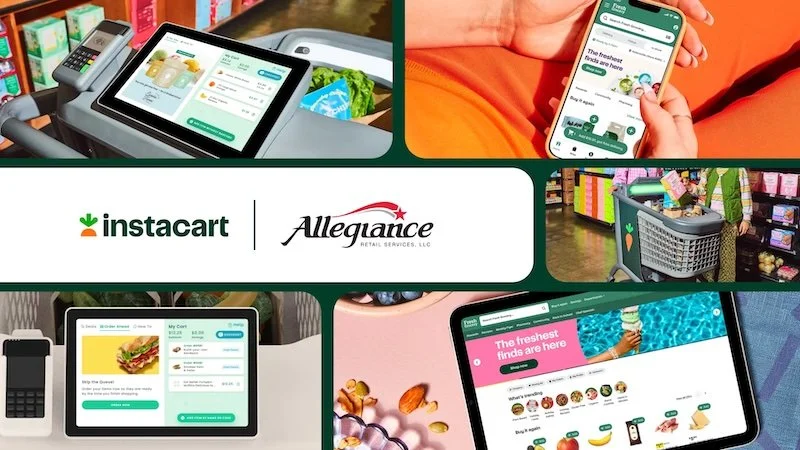
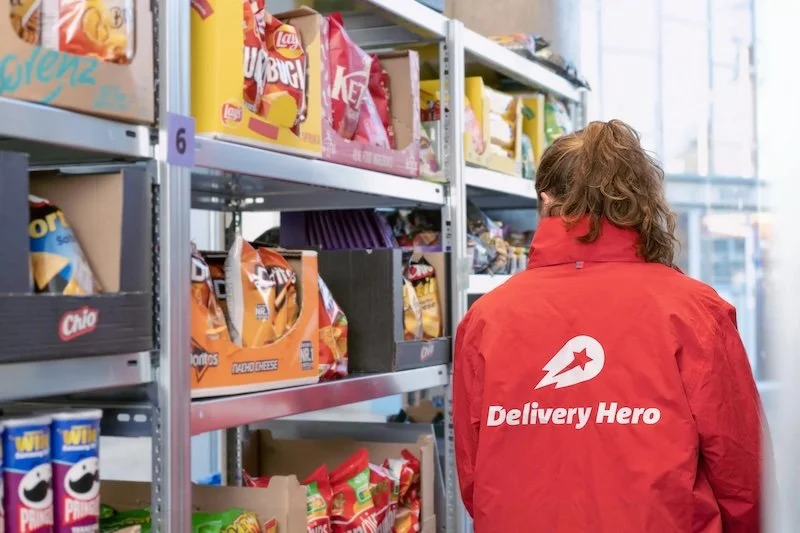

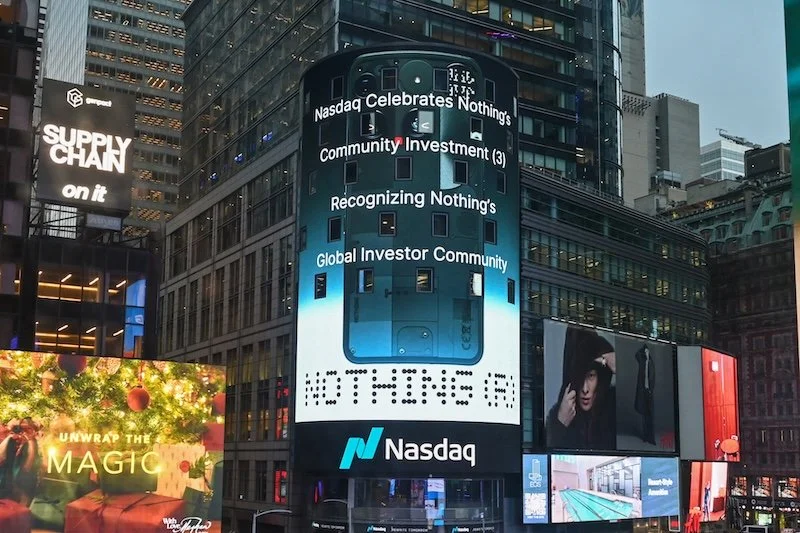



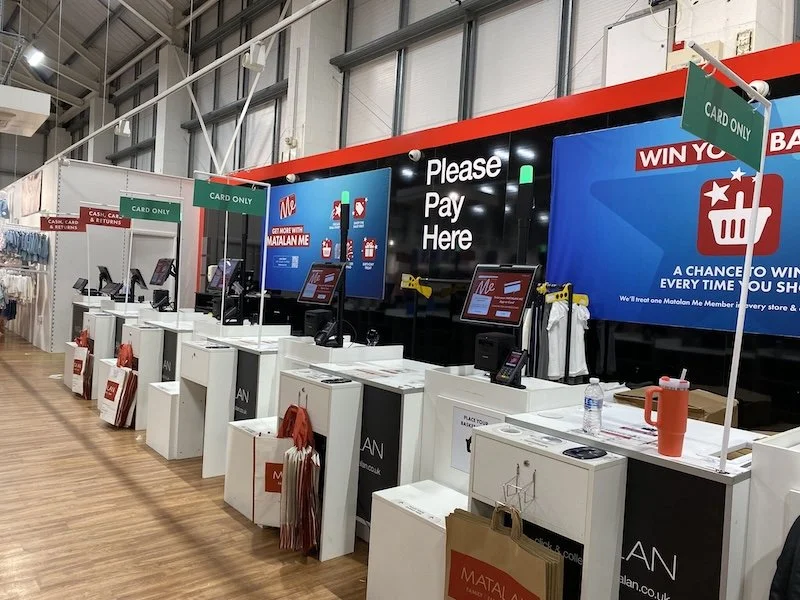

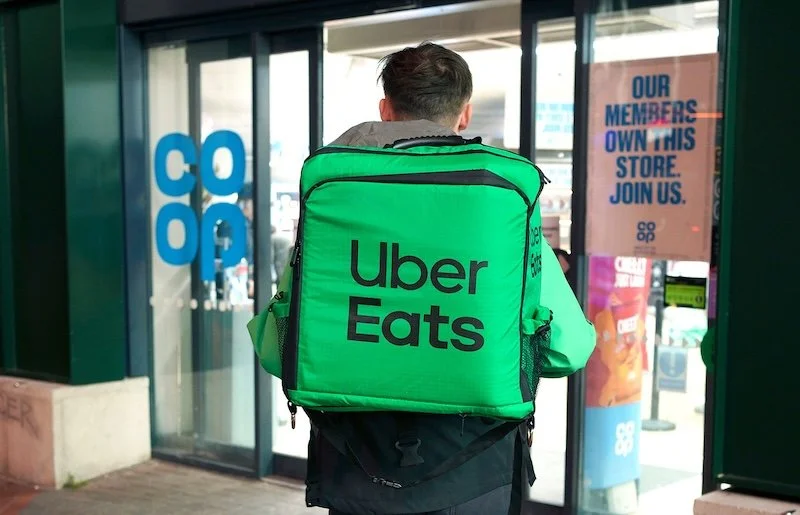


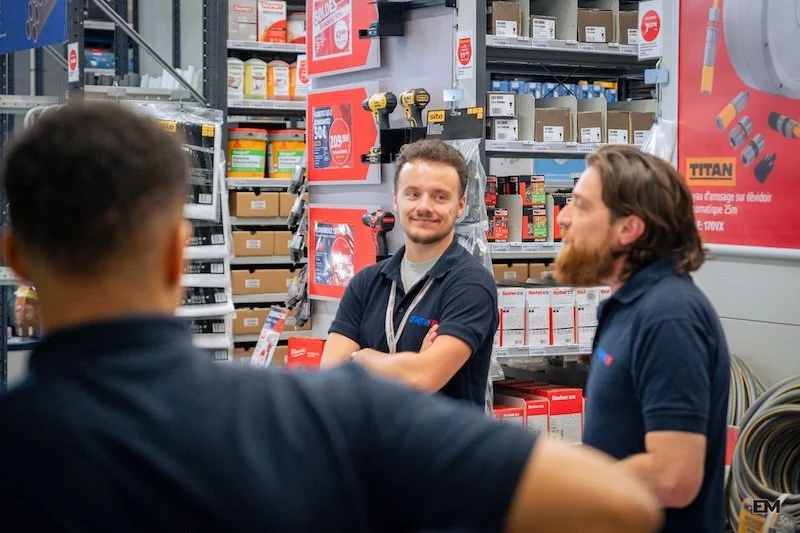





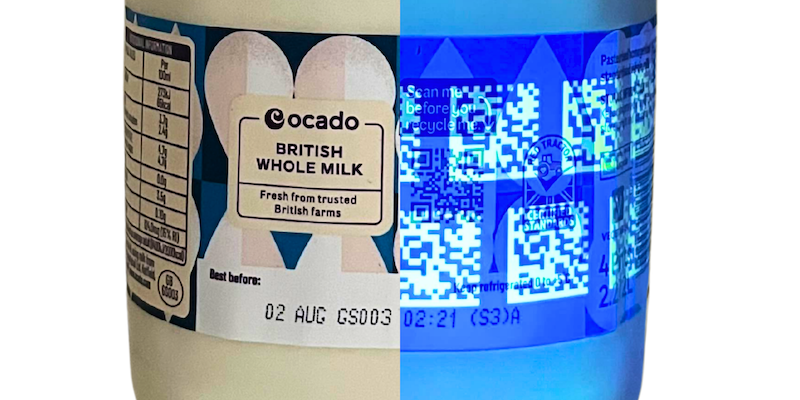



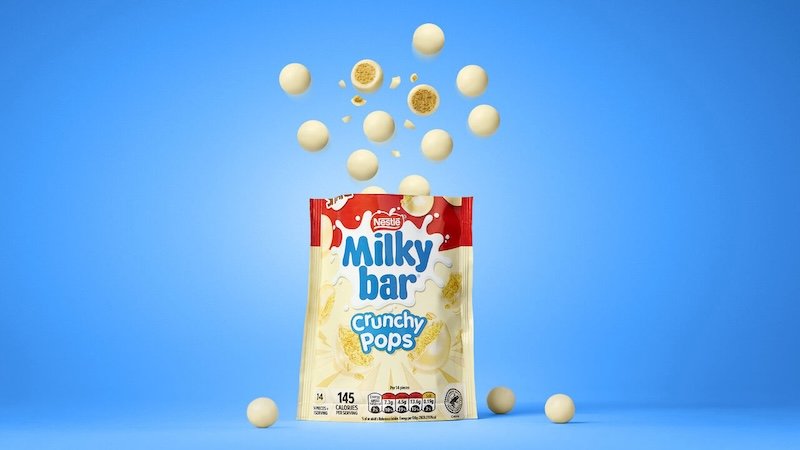
Continue reading…